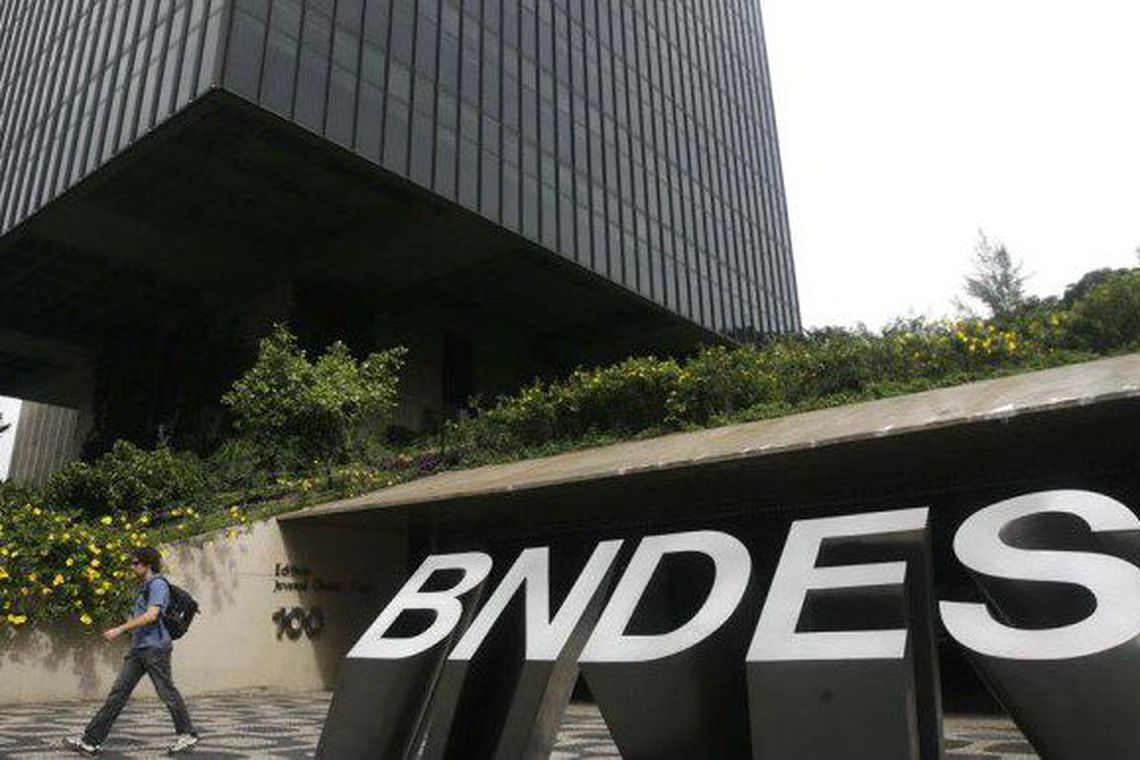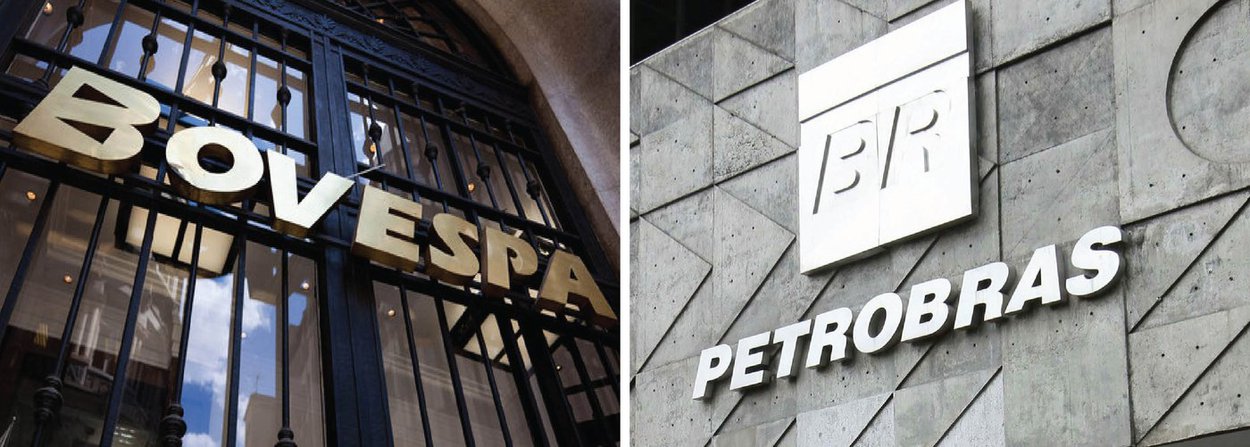RIO DE JANEIRO, BRAZIL – The National Bank for Economic and Social Development (BNDES) began the process of selling its common shares of Petrobras (with voting rights) on Thursday, December 12th. Should the bank sell all these shares in the market, it may raise up to R$24 billion (US$6 billion), based on current quotations, equivalent to six percent of the total capital of the oil company.

With the sale announcement, Petrobras shares led the Ibovespa to slump. Ordinary shares retreated 4.7 percent to R$31.33. Preferred shares (without voting rights) fell 3.2 percent to R$29.98.
Sales are expected to take place until March, according to Estadão/Broadcast. The hiring of banks to conduct this operation has already been authorized by the BNDES’ board of directors in a meeting held yesterday.
The board will still decide on the consortium of banks that will be formed and the band of selling prices – in all, eight banks should work on the offer, which may include securities negotiated in the United States.
The bank’s board also authorized the sale, through the trading desk, in the daily trading sessions, of “up to the total” of Petrobras’ preferred shares (PN, without vote), according to sources.
This authorization is valid for six months, but it is unlikely that the development bank will be able to get rid of all the billions in equity in the oil company in 2020. In all, the BNDES holds about R$52 billion in shares in the oil company.
BNDES’ announcement was already expected by the market. The acceleration of the sale of the shares held by the bank is one of the goals of the bank’s president, Gustavo Montezano, who has already publicly signaled that, in three years, he intends to reduce the total portfolio, currently of R$114 billion, by about 80 percent.
“The crown jewel”, with 40.7 percent of the total value, the Petrobras share is this sales strategy’s preferred target, which will not remain only in this movement.
Next week, the BNDES will sell its stake in the Marfrig meatpacking plant, also via a stock offering, and will pocket some R$2 billion. In early 2020, it is expected to sell half of its share in JBS – about R$8 billion. The 2020 schedule also includes the sale of Tupy and Copel shares.
When questioned, BNDES reported that “it does not comment on its strategy within the scope of its invested companies”.

Interest
Analysts and fund managers view this divestment of BNDES shares as positive, given the prospect of good financial results for the oil company and the increase in the investors’ interest in shares. In a scenario of the lowest interest rates in history, investors are looking for assets with higher financial returns.
“The stock will come from a large player (BNDES) and will be diluted. But there is market demand. It is a company (Petrobras) that has a lot of liquidity and can be absorbed by the market,” said strategist Renan Sujii, of Harrison Investments /.
Stock offer
If the BNDES fully materializes its intention to sell all its interest in common shares (ON, with a vote) in the capital of Petrobras, it will take another step towards reducing its core relationship with the state-owned company, built during the Workers Party governments. According to the quotes of Thursday’s trading session, the total offer could reach R$24 billion, a little less than half of the total value of the BNDES’ share in Petrobras, which was built by several past government decisions and is now valued at R$52 billion, according to data from the third quarter.
The peak of the relationship between BNDES and Petrobras was reached in the government of ex-president Dilma Rousseff, with a combination of high equity participation and billion-dollar debt. In 2013, the bank’s participation in the oil company reached a maximum of 17.2 percent of the total capital – currently 13.9 percent – while, as of 2009, with policies to face the 2008 international crisis, the BNDES became a major creditor of the state-owned company.
The first major step back in this relationship was taken by the early payment of Petrobras’ debt with the bank, within its strategy of reducing indebtedness, which began under the Michel Temer administration.
Source: Estado de S. Paulo

